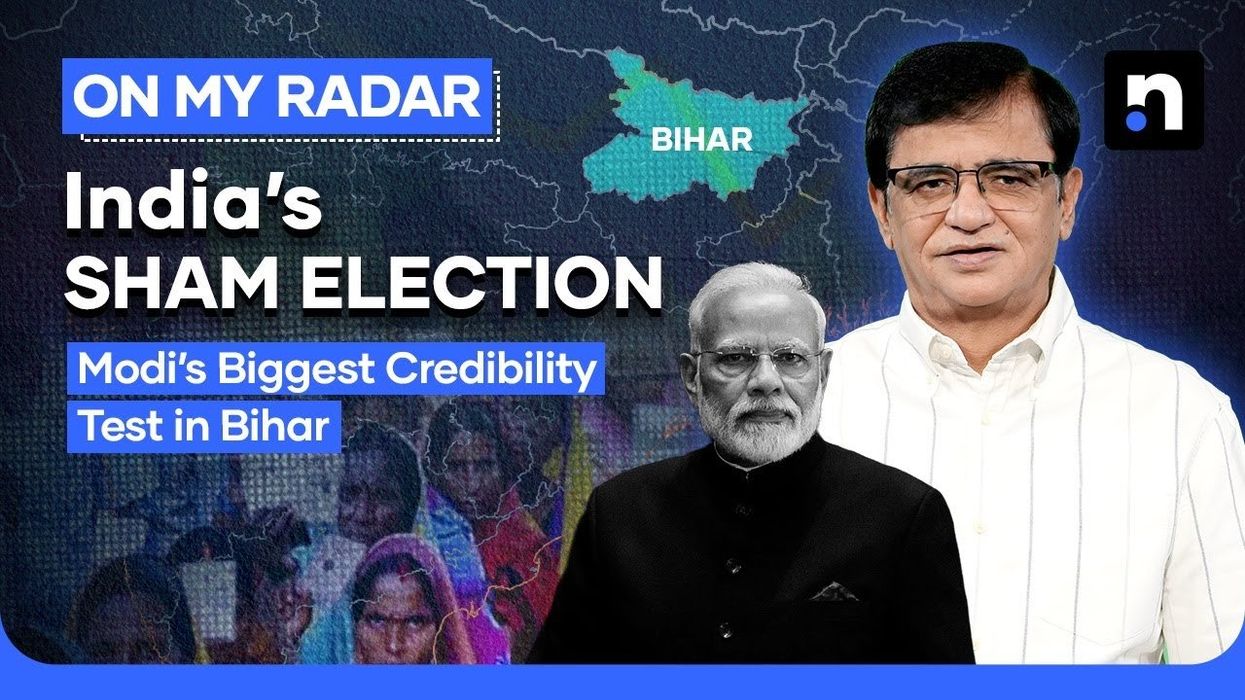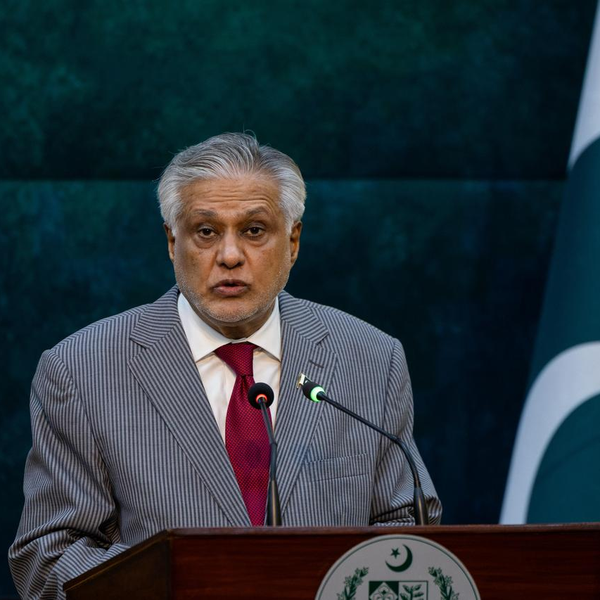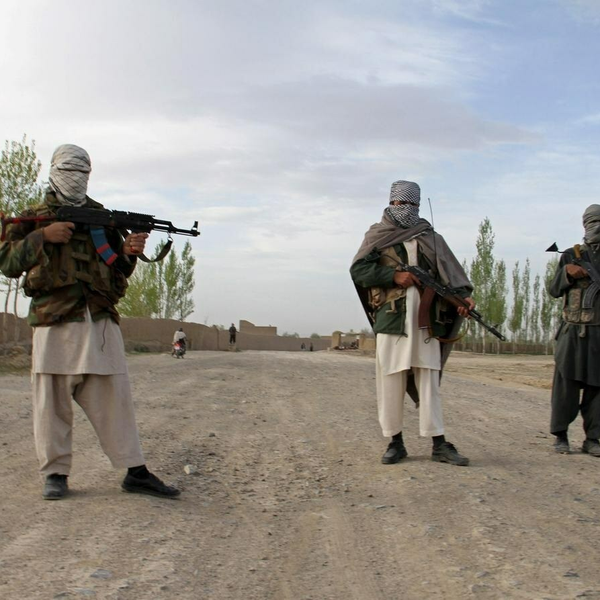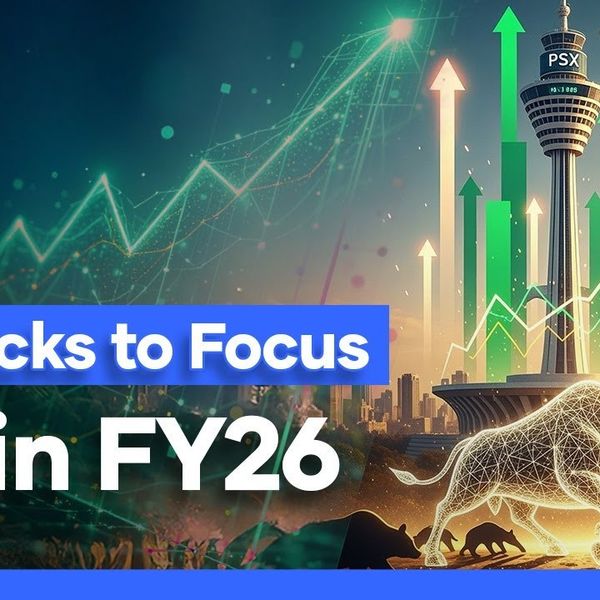India’s opposition intensifies claims of election fraud against Modi
Kamran Khan says Rahul Gandhi’s claims of mass voter removals and fraud cast a shadow over India’s democratic image
News Desk
The News Desk provides timely and factual coverage of national and international events, with an emphasis on accuracy and clarity.
India’s opposition is escalating allegations of widespread election fraud, accusing Prime Minister Narendra Modi and the ruling Bharatiya Janata Party (BJP) of manipulating both the 2024 national vote and ongoing state polls.
Kamran Khan, during an episode of “On My Radar”, cited mounting accusations from Rahul Gandhi, leader of the Indian National Congress, and other opposition parties who say India’s democracy — long touted as the world’s largest — is facing a “systemic election fraud.” These claims have not been independently verified. India’s government has strongly rejected the allegations.
Gandhi alleges that results in at least 100 constituencies in April’s general election were “tampered,” arguing that BJP secured power with a “fake mandate.” He has further accused the Election Commission of India (ECI) of unlawfully altering voter rolls in state elections to favor the ruling party.
The 2024 national vote saw a turnout officially recorded at 66.3%, with 642 million ballots cast. The BJP fell short of its pre-election slogan “Abki Baar, 400 Paar,” but retained power after winning 240 seats and securing a coalition majority. The opposition bloc led by Congress holds 232 seats in the Lok Sabha.
Khan noted Gandhi’s claim that if alleged rigging across 100 seats is proven, Modi’s government “would be ruling India illegitimately” for nearly a year and a half. Gandhi has said he plans to release “data like an atom bomb” to support his accusations.
The controversy comes as the state of Bihar begins the first phase of its assembly elections. Bihar Chief Minister Nitish Kumar’s Janata Dal (United), a key BJP ally, faces voter concerns over what opposition leaders call a “rigged voter list.”
Two months ago, the ECI issued provisional rolls for Bihar that included numerous discrepancies, according to critics. Opposition parties say names of deceased voters remain listed, some addresses show hundreds registered at a single location, and wrongful removals appear targeted.
Social media in India has seen a surge in videos under hashtags such as “vote theft,” with users posting alleged evidence of errors. Gandhi has claimed that in Karnataka, thousands of names were deliberately removed using election management software — including some voters who reportedly visited him recently in New Delhi despite being listed as “dead.”
According to official data, Bihar’s new voter list records 72.4 million eligible voters — about 6.5 million fewer than in 2003. Opposition parties question why a drop occurred despite a significant rise in the state’s population over two decades.
Former Chief Minister Lalu Prasad Yadav, a longtime BJP rival, told local media that the reductions disproportionately affect communities likely to oppose the ruling alliance. A report by Hindustan Times also found that Kishanganj district — which has one of the highest Muslim population shares in India — recorded the steepest decline in voter registration.
Analysts have also raised concerns. Milan Vaishnav, director at Carnegie Endowment for International Peace, said serious electoral “weaknesses and irregularities” have emerged repeatedly in India. A survey by the Centre for the Study of Developing Societies found that more than half of respondents believe the Election Commission works under government pressure. The ECI has denied any political influence.
In response to criticism over Bihar’s rolls, the ECI said that 2.2 million voters had died, 700,000 were registered twice, and 3.6 million had moved to other states. The Commission maintains that its cleanup was lawful and necessary.
Congress and its allies are considering a move in Parliament to seek the impeachment of Chief Election Commissioner Gyanesh Kumar over alleged “vote theft.” However, the bid is unlikely to advance without a two-thirds parliamentary majority.
BJP leaders have dismissed the allegations as a political strategy. Home Minister Amit Shah recently accused Gandhi of spreading a “false narrative” to undermine public trust. Supporters of the prime minister argue that Modi retains strong backing from the party’s Hindu nationalist base.
India has dealt with voting controversies in the past. In 1971, a court ruled that then-Prime Minister Indira Gandhi committed electoral violations, leading to the declaration of a national emergency before the Supreme Court overturned the ruling.
Khan, commenting from Pakistan, contrasted India’s claims of model democracy with its opposition’s accusations. He argued that unlike India, Pakistan has not presented itself globally as the world’s cleanest electoral system.
He also suggested that Modi’s popularity has dipped since India’s military clash with Pakistan — a claim that is politically sensitive and not supported by independent polling.
While political tensions rise, the core question ahead of India’s next general election in 2029 remains whether voter confidence will rebound — and whether Modi will seek a fourth term amid the growing dispute.








Comments
See what people are discussing